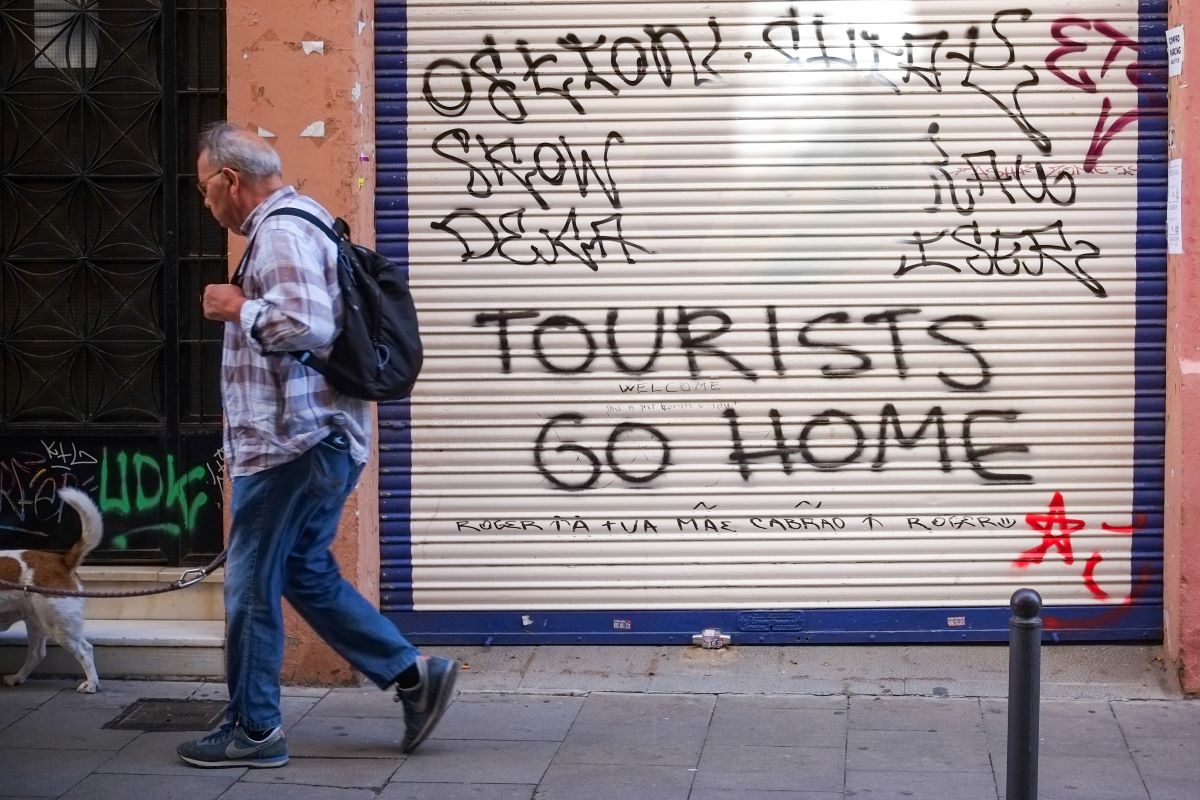Brits are known for bringing their enthusiasm and sense of adventure on holiday, but some countries aren’t as keen to have them around. Here’s a cheeky rundown of 15 places where British tourists might get a bit of a cold shoulder.
1. Spain
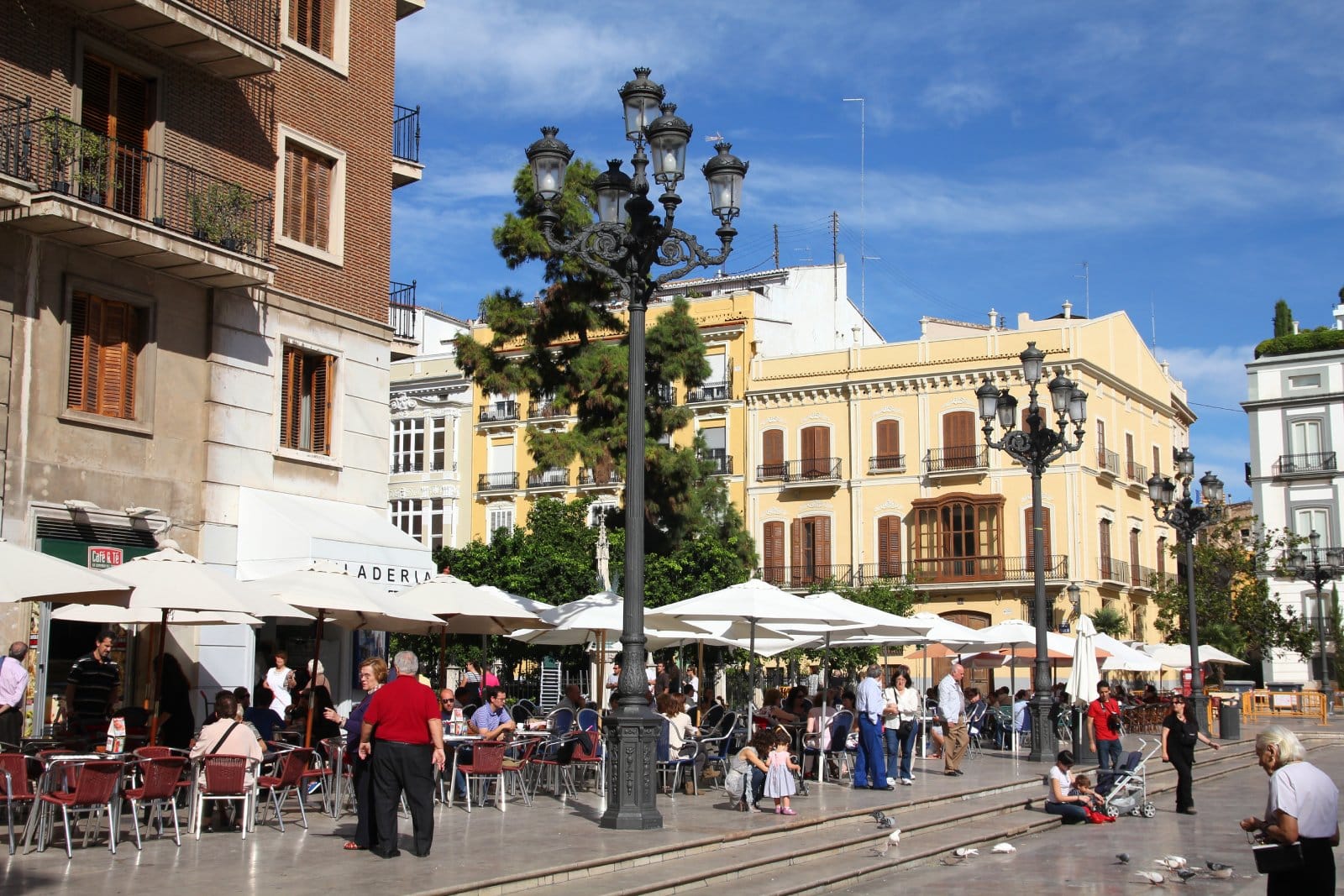
With British tourists causing a ruckus in places like Magaluf, Spain’s patience is wearing thin. Fed up with the boozy behaviour and constant noise, local authorities have introduced tougher regulations to restore order.
2. France

Brexit has complicated travel, requiring Brits to endure long queues and additional paperwork. The infamous “Brits abroad” behaviour, combined with disdain for post-Brexit travel chaos, hasn’t helped Franco-British relations.
3. Greece
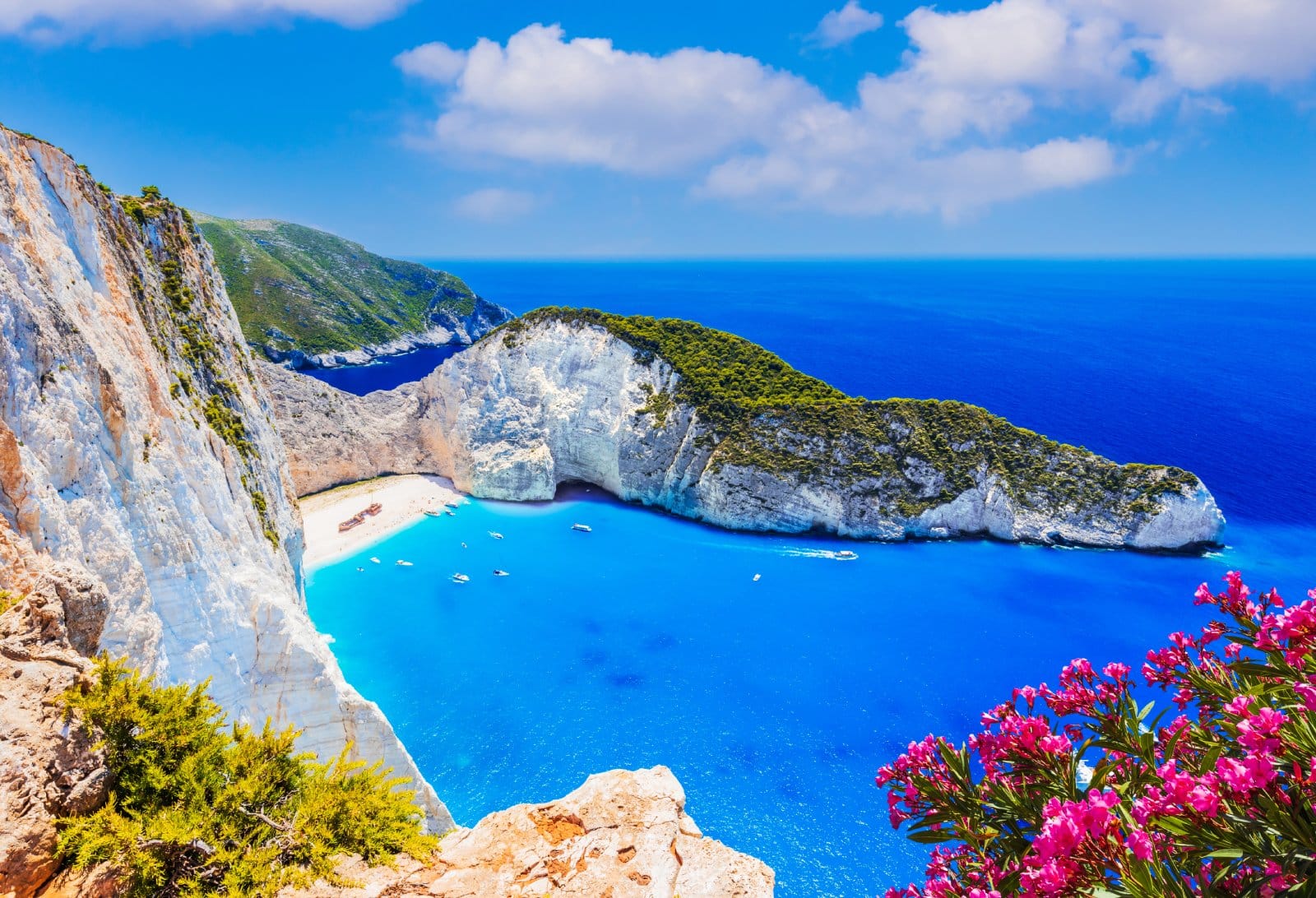
Greek islands like Zante and Mykonos are tired of the mess left behind by British partygoers. Reports of vandalism and public disturbances have led to a crackdown on unruly tourists.
4. Italy
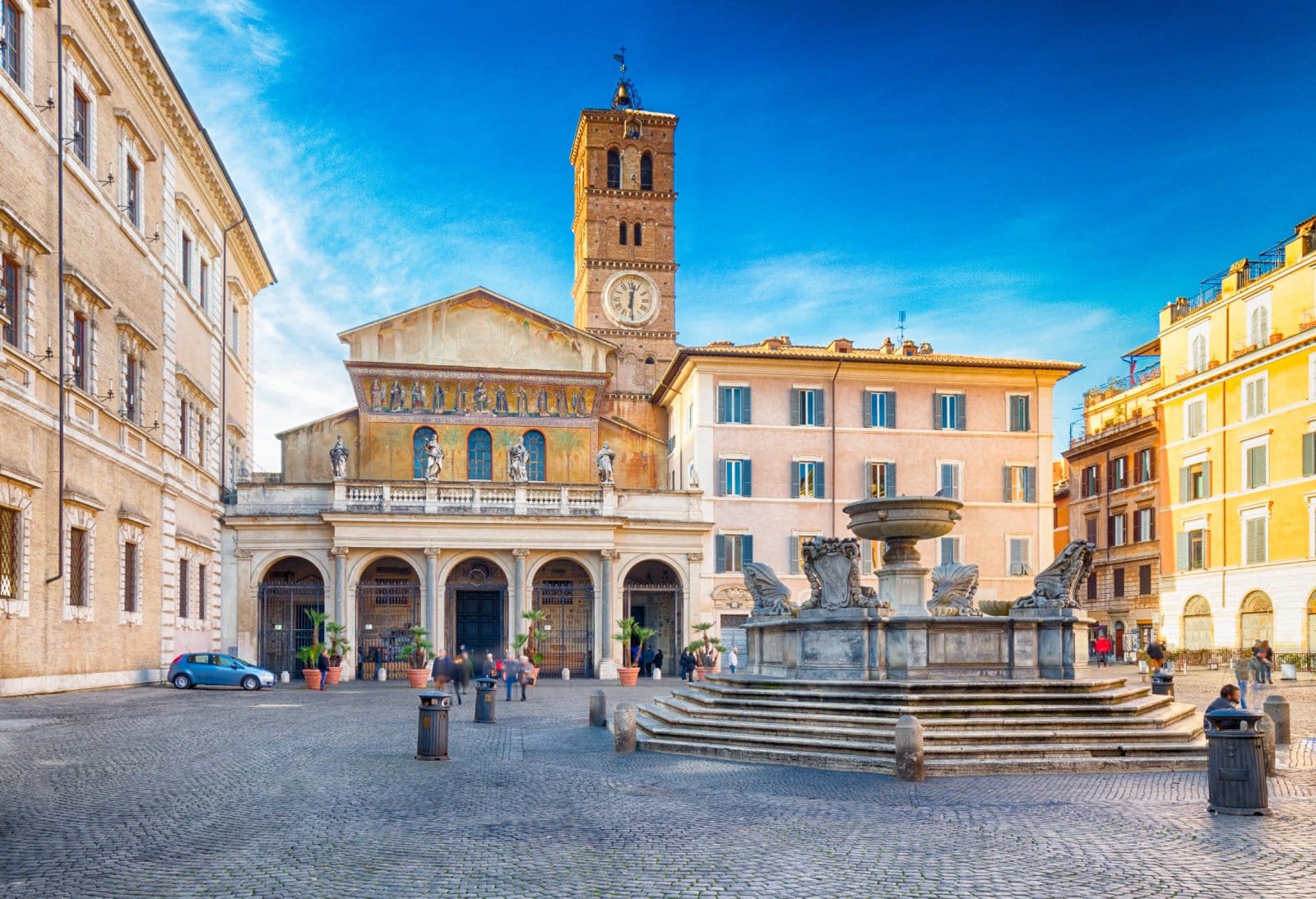
Historic cities like Rome and Venice see their cultural sites overrun with tourists, many of whom are loud and disrespectful. Italians are particularly annoyed by Brits who ignore dress codes and local customs.
5. Germany
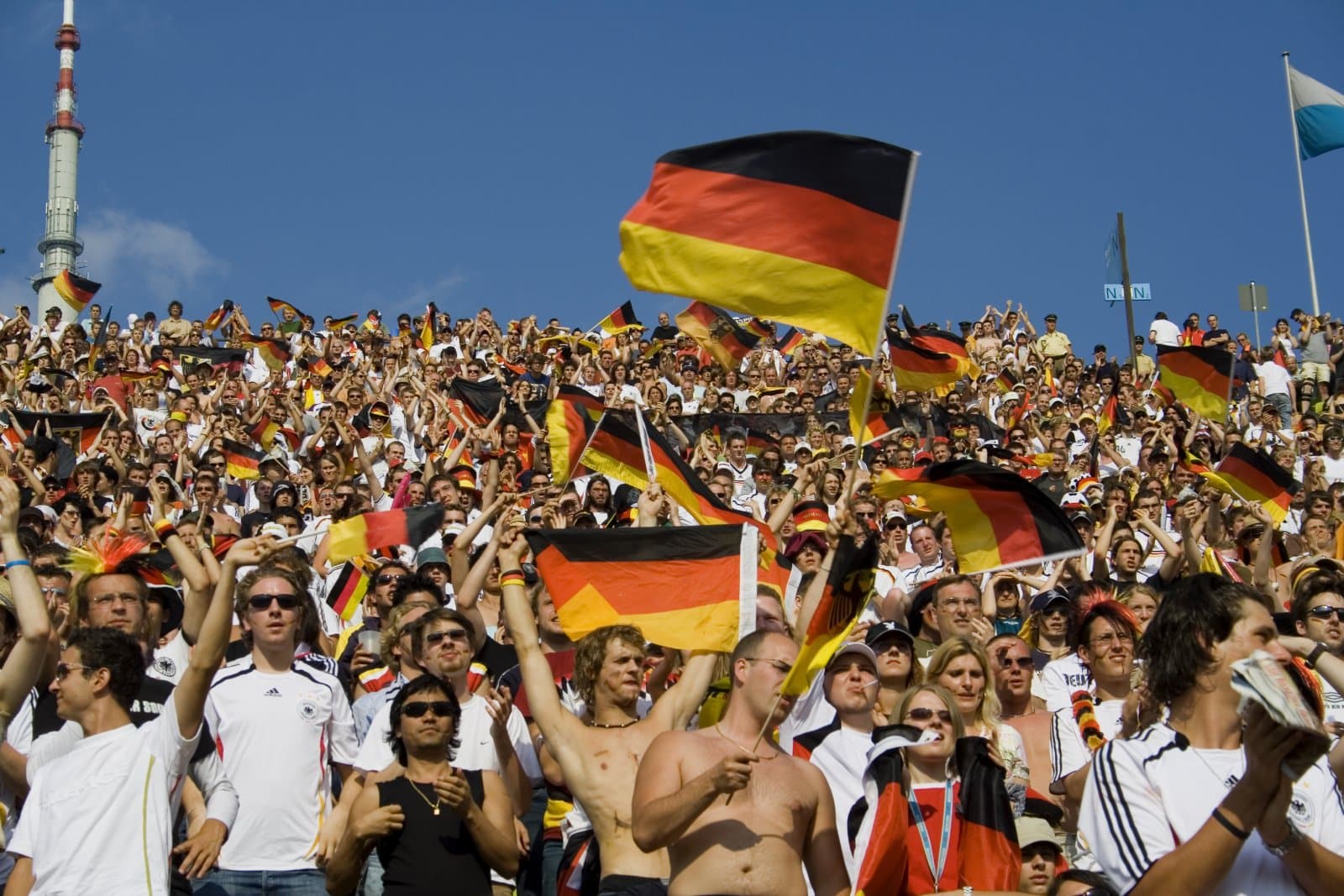
Germany’s cultural hubs, such as Berlin, attract young British tourists looking for a good time, often at the expense of local peace and quiet. Noise complaints and public drunkenness have led to increased police presence in tourist areas.
6. Portugal
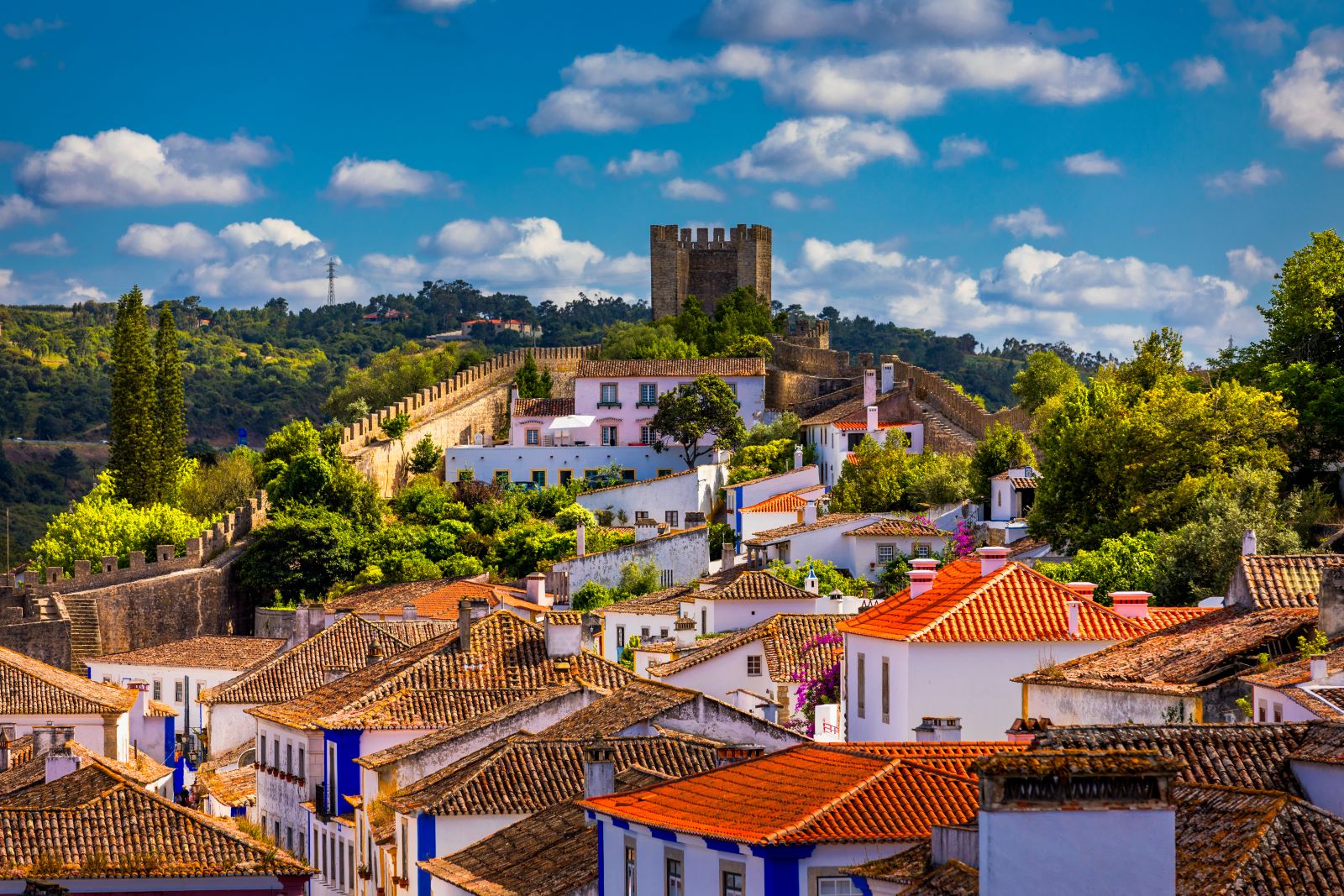
British tourists flock to the Algarve, but locals are increasingly frustrated with the rowdiness and lack of respect for local traditions. Portugal’s leniency with post-Brexit travel might be wearing thin due to these ongoing issues.
7. Thailand
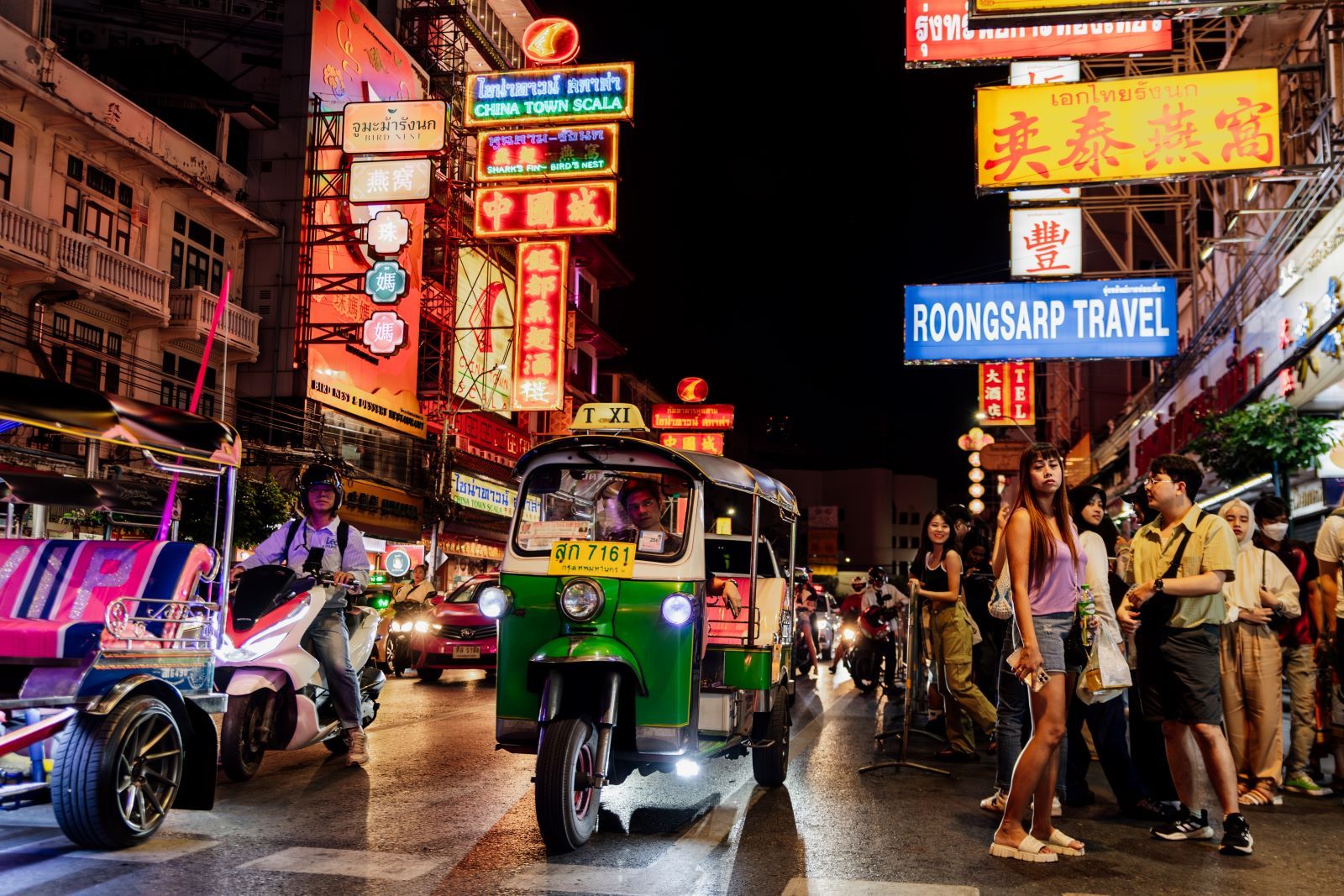
Beaches and nightlife draw many Brits, but their behaviour often clashes with Thailand’s more conservative norms. Incidents of disrespectful behaviour at sacred sites and environmental damage have caused tensions.
8. Netherlands
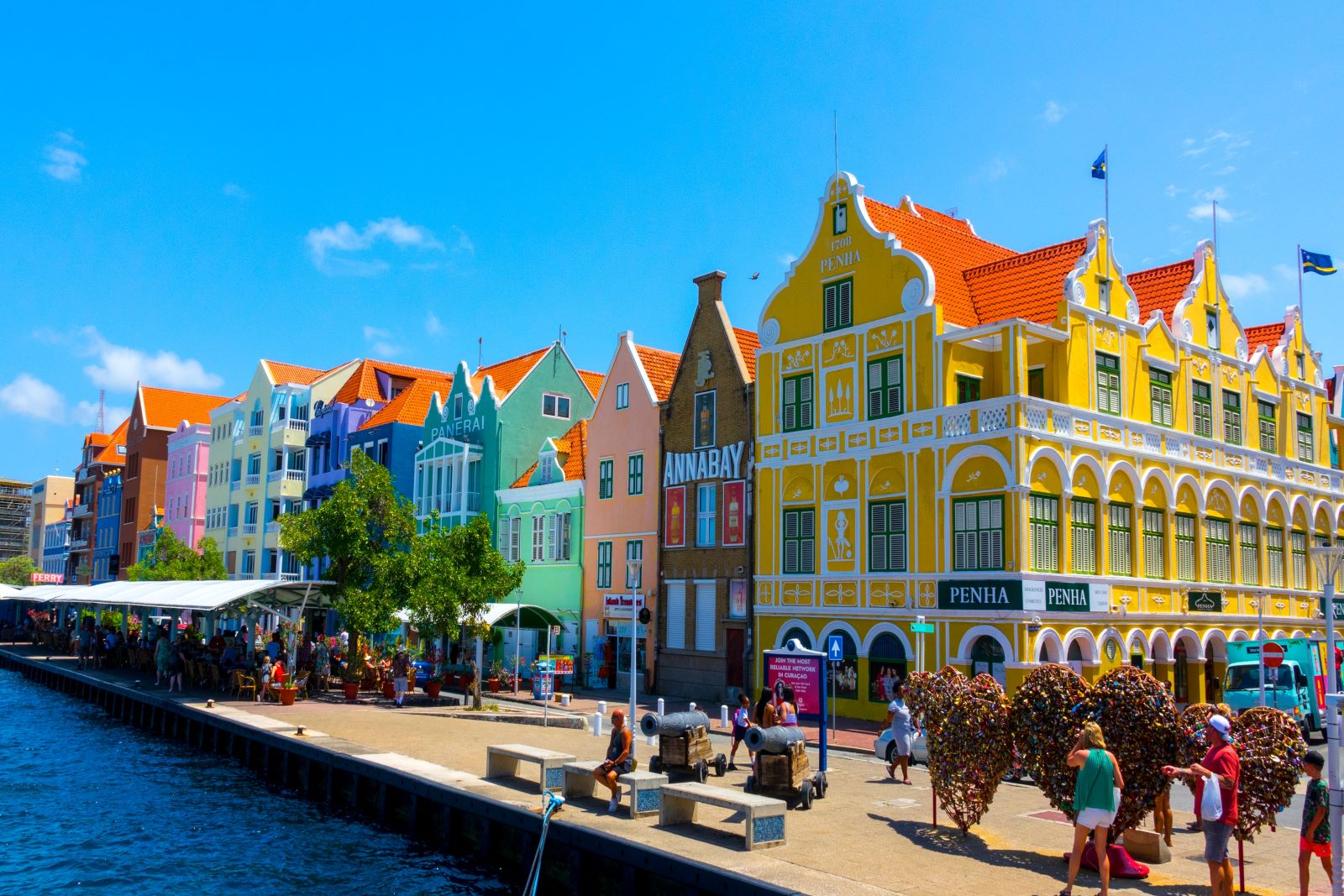
Amsterdam’s liberal attitude towards cannabis and red-light districts attracts many British tourists, but their rowdy behaviour and disregard for local laws are unwelcome. The city has even considered banning tourists from cannabis cafes.
9. Turkey
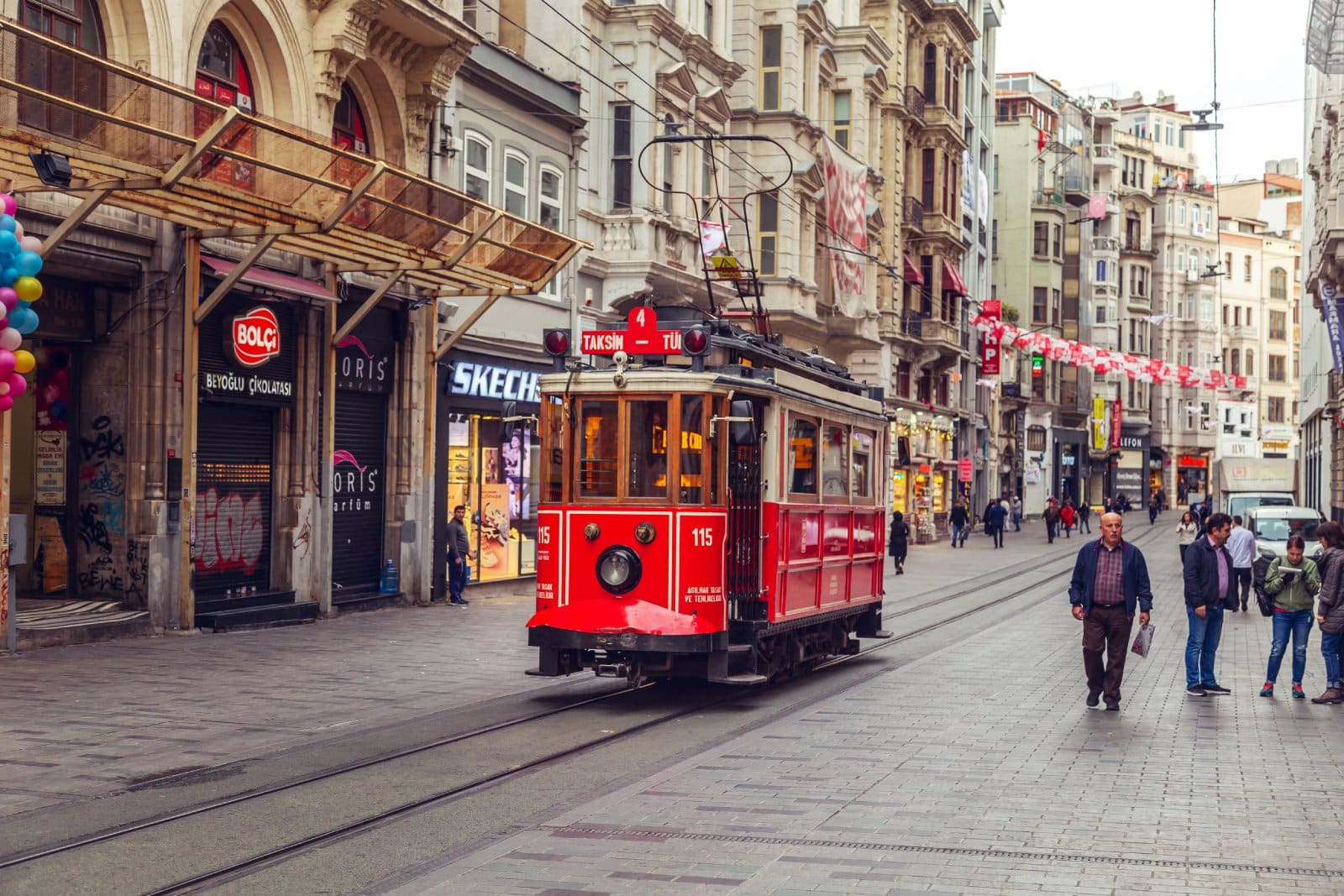
Resorts in Turkey are popular with Brits, but complaints about noise, drunkenness, and disrespect for local culture are common. The Turkish tourism industry has started to push for more responsible behaviour from visitors.
10. Cyprus
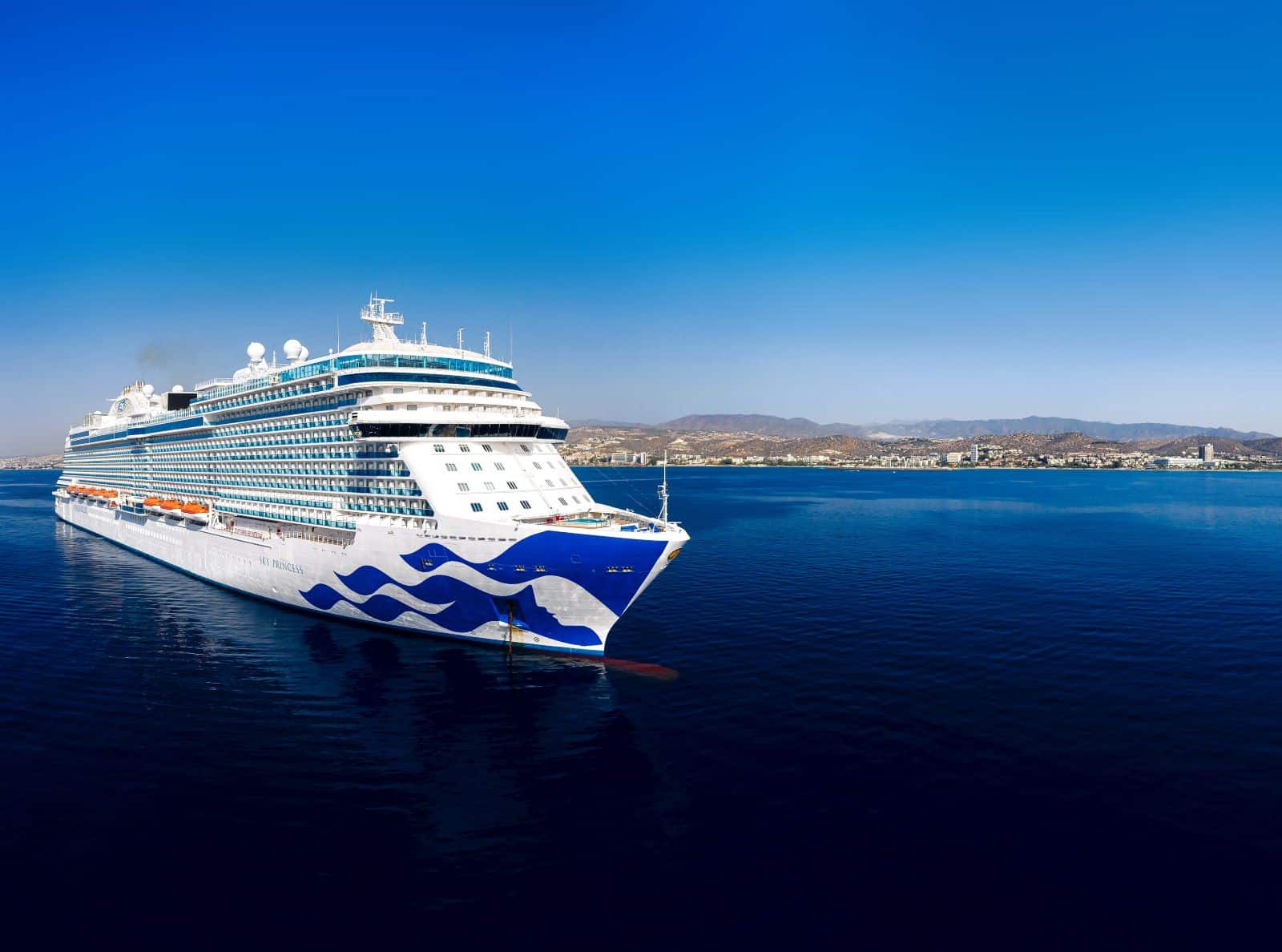
While Cyprus relies heavily on tourism, the behaviour of some British tourists has led to strained relations. The excessive partying in areas like Ayia Napa has led to stricter law enforcement.
11. Egypt
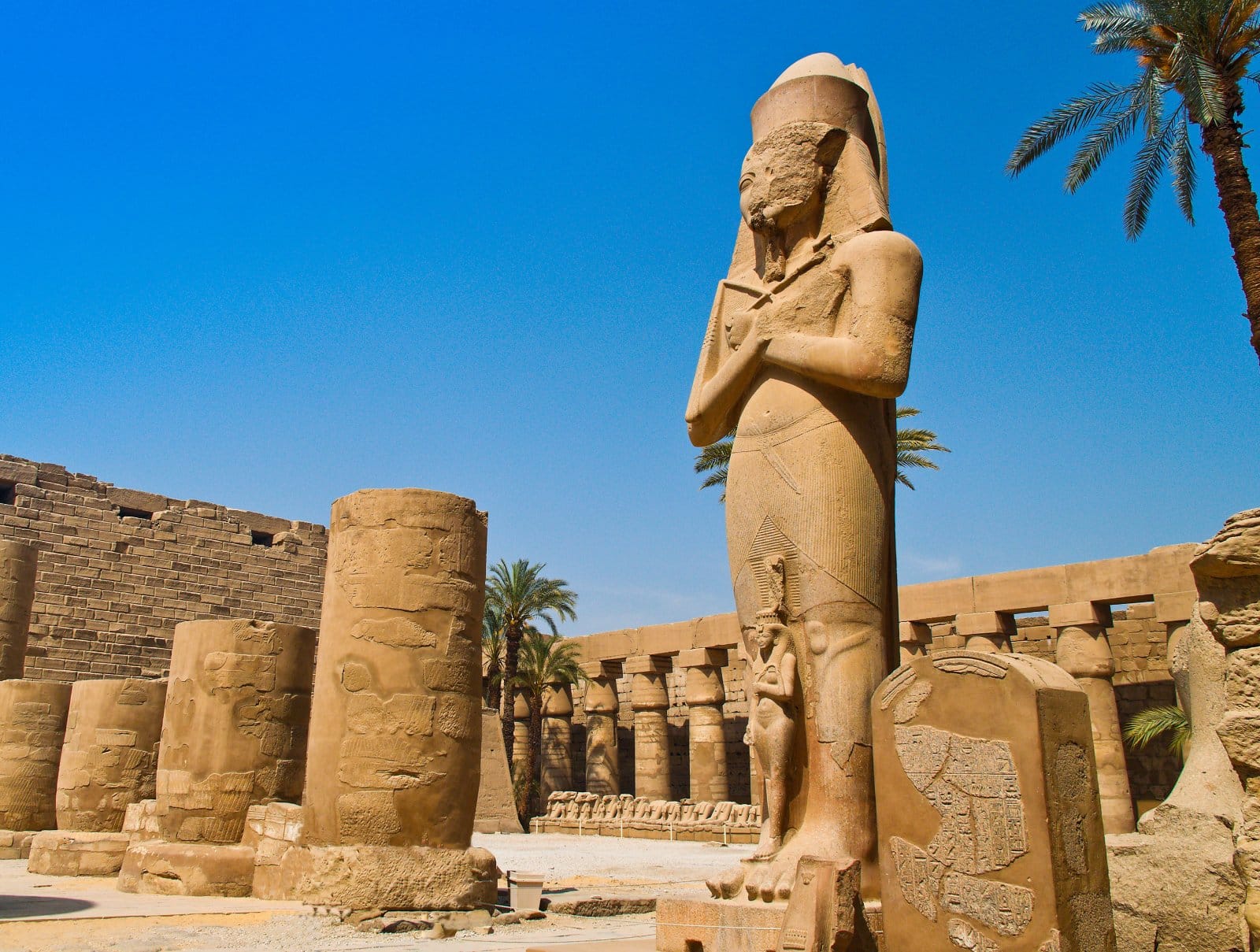
Historical sites in Egypt attract many visitors, but Brits are often criticised for their lack of respect for ancient monuments. Combined with security concerns, this has made British tourists less popular.
12. Croatia
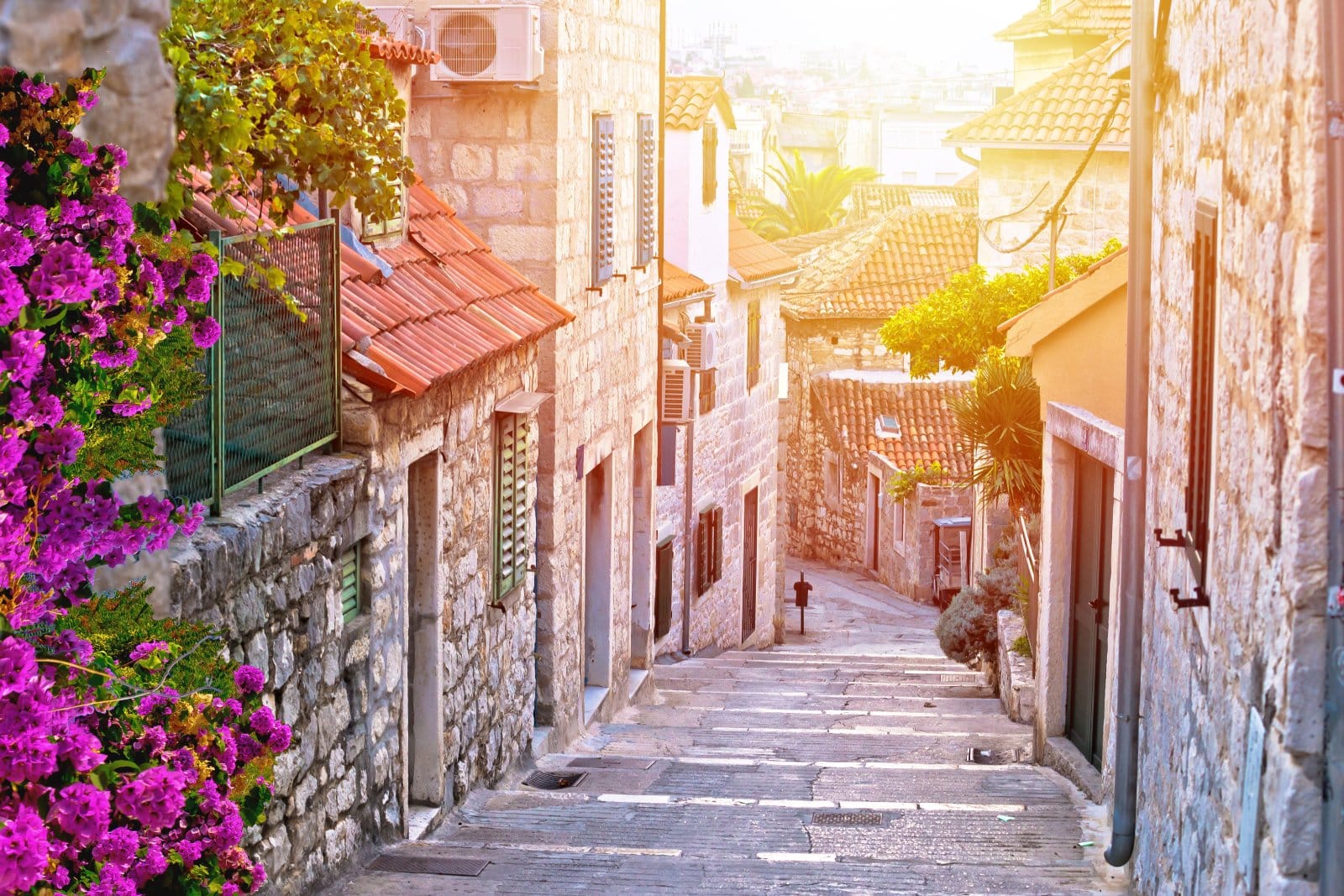
The rise in tourism in cities like Dubrovnik has seen locals become increasingly frustrated with the behaviour of some British visitors. Issues include overcrowding and damage to UNESCO sites.
13. Malta
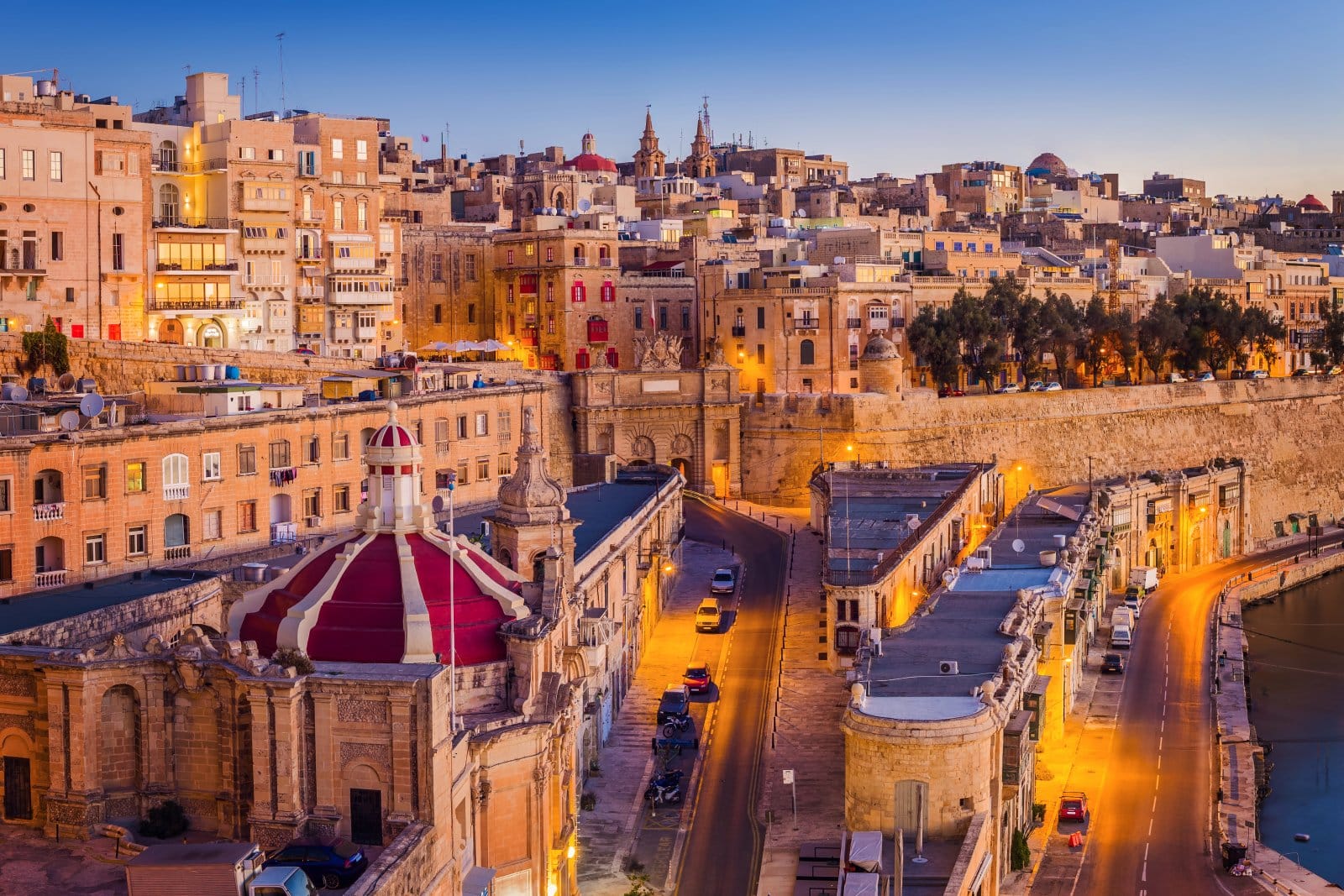
Small but densely packed with tourists, Malta sees its share of British visitors. Loud, drunken behaviour and lack of respect for historical sites have led to a growing resentment among locals.
14. Australia
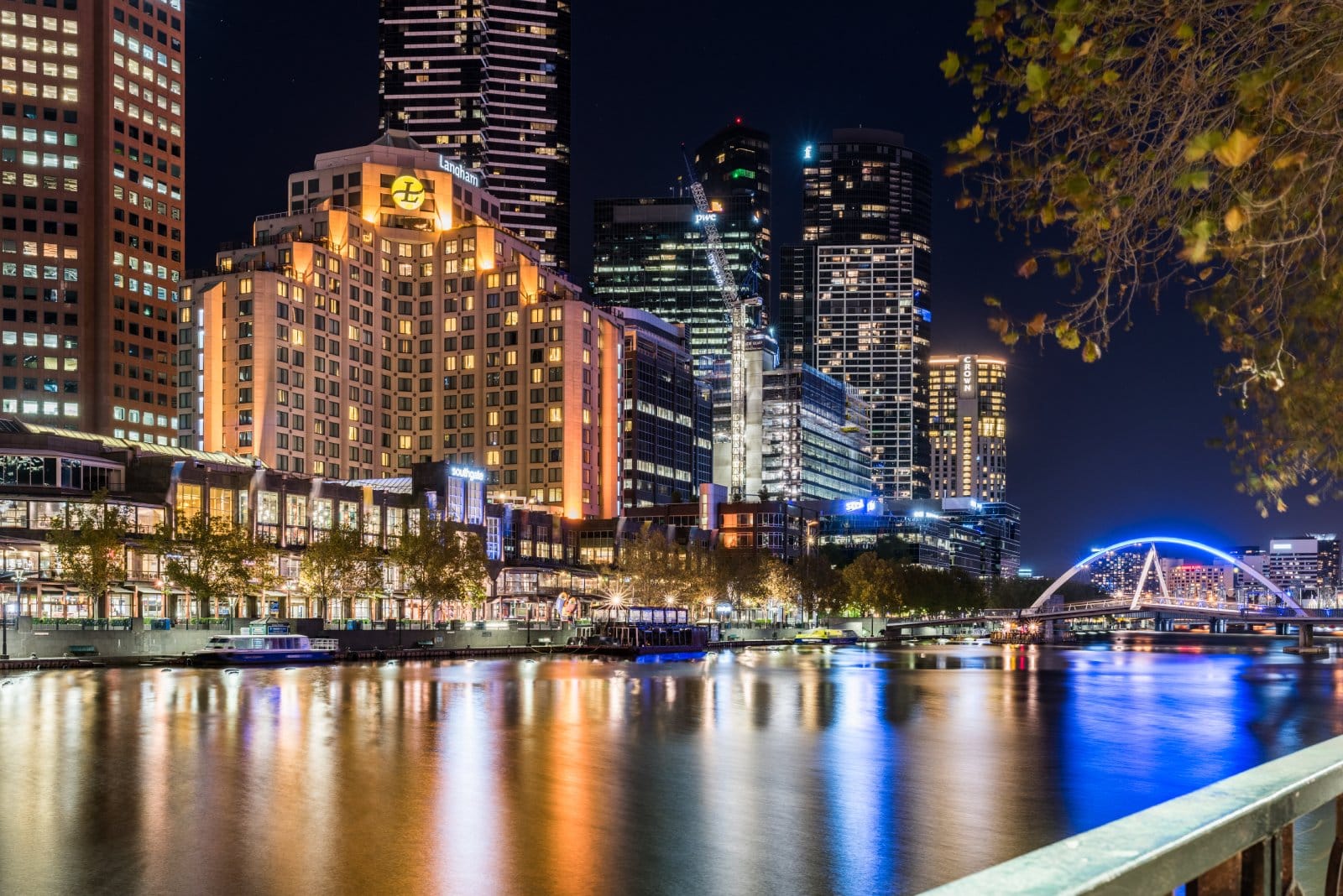
Australians generally like Brits, but the “Pommie” tourists can sometimes wear out their welcome with their loud and boisterous behaviour. The long-haul flights don’t seem to mellow them out.
15. UAE
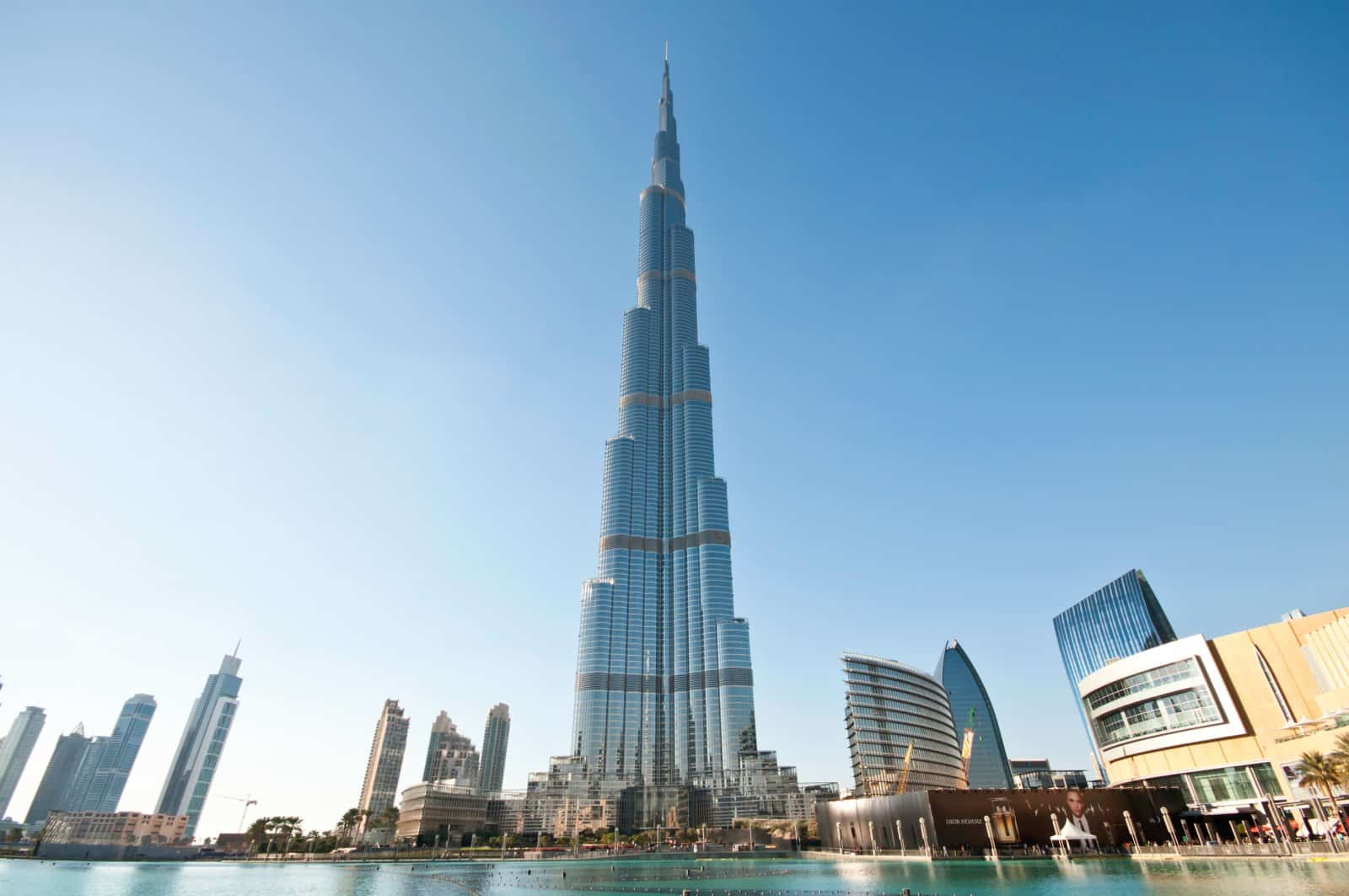
Dubai and Abu Dhabi attract many British tourists, but the clash between Western behaviour and local laws can cause friction. Public displays of drunkenness and inappropriate attire have led to legal troubles for some.
Navigating the Backlash
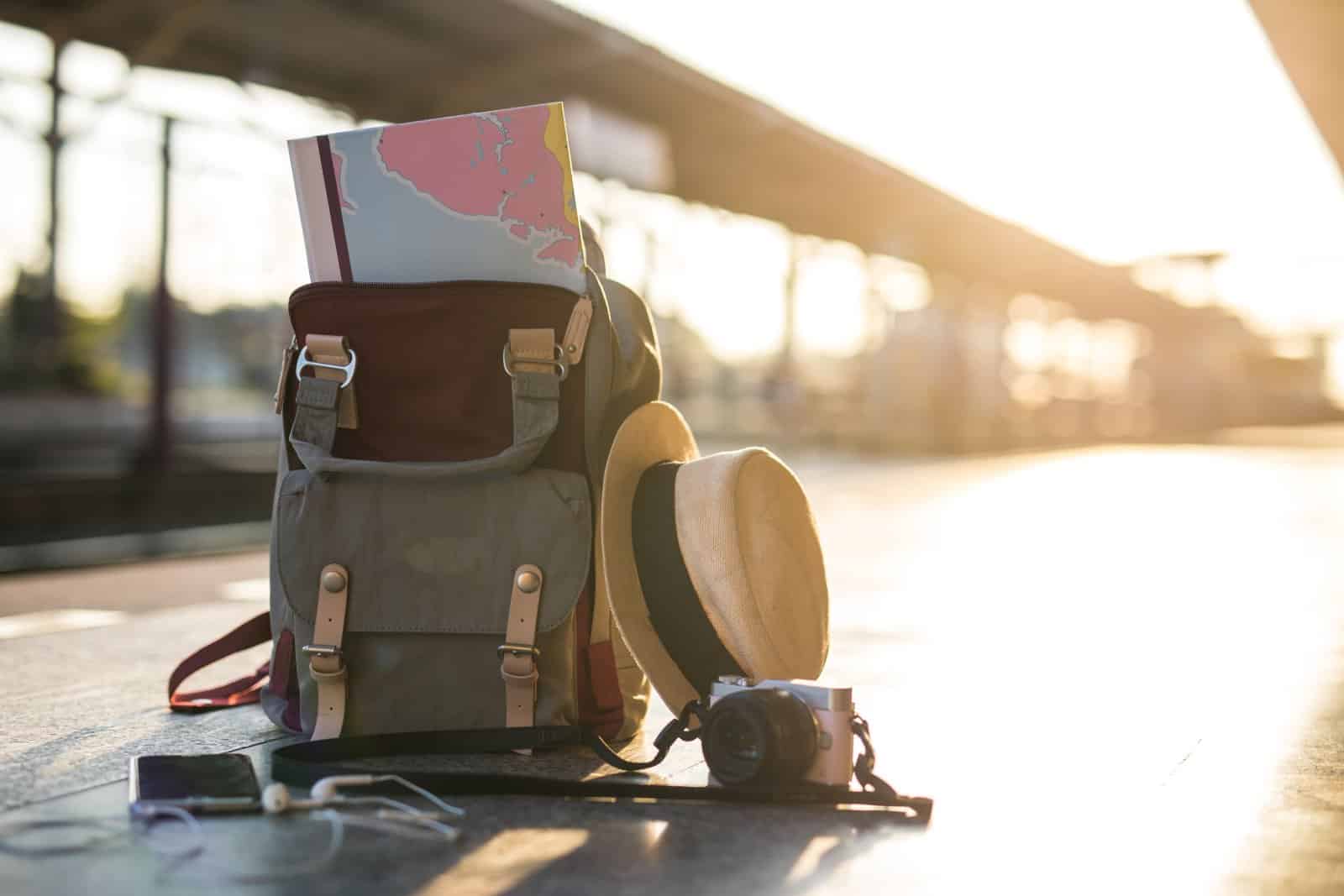
The relationship between British tourists and their favourite destinations is complex and often strained. Post-Brexit complications and a reputation for rowdy behaviour haven’t helped, leading many countries to push back against the flood of British holidaymakers. As travel resumes in a post-pandemic world, will British tourists mend their ways, or continue to rub their hosts the wrong way?
Featured Image Credit: Shutterstock / Jon-LC.
The content of this article is for informational purposes only and does not constitute or replace professional advice.
The images used are for illustrative purposes only and may not represent the actual people or places mentioned in the article.
For transparency, this content was partly developed with AI assistance and carefully curated by an experienced editor to be informative and ensure accuracy.

